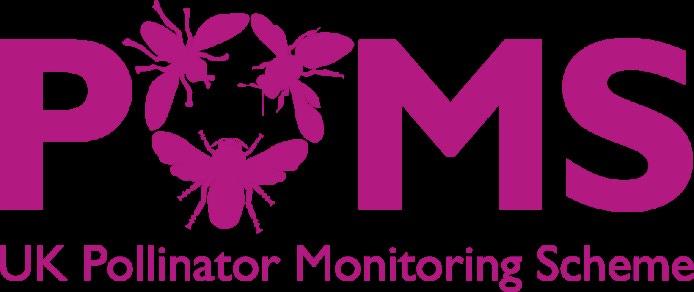
2 minute read
Successful completion of partnership work to identify research on marine birds
In February 2023 the Offshore Wind Strategic Monitoring and Research Forum (OWSMRF) completed three years of identifying priority research areas on marine birds in the UK.
OWSMRF is a partnership led by seven developers, including EDF Renewables, Equinor, Ørsted, RWE, ScottishPower Renewables, SSE Renewables and Shell. JNCC is the secretariat and plays a role in delivering scientific outputs.
OWSMRF was launched in 2019 to support the UK’s ambition to combat climate change by achieving Net Zero by 2050 and leading on offshore wind development. More recently the UK Government’s targets for offshore wind capacity increased from 40 to 50 gigawatts of electricity to be generated by 2030.
While rapid expansion of offshore wind farms in UK waters will contribute to mitigating climate change impacts there are still important knowledge gaps about potential environmental effects of large-scale offshore wind developments, particularly on marine birds. Uncertainty in impact assessments means that offshore wind may not be deployed at the scale required to achieve Net Zero by 2050. OWSMRF has worked with UK’s Statutory Nature Conservation Bodies, experts, academics and others involved in the offshore wind sector, to identify, prioritise and promote robust research that will reduce uncertainty when assessing ornithology impacts.
OWSMRF has completed its Continuation phase (2021-2023), focusing on Manx shearwaters (Puffinus puffinus) and European storm-petrels (Hydrobates pelagicus), a group of seabird species that may become a future consent risk for large-scale offshore windfarm development in the Irish and Celtic Seas. OWSMRF Continuation concludes with the publication of two research products: a series of concept notes summarising 20 research ideas on the ecology and behaviour of these species, and a detailed scope of work to gain more confidence in UK population abundance and status.
The concept notes provide an overview of each of the research ideas developed in the Knowledge Gap 4 (KG4) report (Baker et al. 2022). They include a summary of the proposed work, anticipated outcomes and how these may benefit the offshore wind industry. These will provide prospective funders with an easily digestible package of information and signpost to the full detailed report.
The Scope of Work, ‘Review, modelling and trials of annual monitoring for Manx shearwaters and European stormpetrels’ combines work packages identified in the KG4 report, elaborating on two of the most promising research ideas, setting out aims and objectives, detailed tasks and contractor requirements. The project’s overall aim is to evaluate and explore methods for monitoring shearwater and storm-petrel colonies in the UK, identify drivers of uncertainty in population estimates and make recommendations for future modelling and monitoring. While these species can be challenging to study in the field, this scope of work proposes making use of existing datasets, expert knowledge and commonly used monitoring methods to provide results and improvements in the shortterm. Refined population estimates would benefit the offshore wind industry by contributing more accurate data to impact assessments.
OWSMRF thanks the range of stakeholders who contributed significantly to its success, especially the British Trust for Ornithology, the Council for Nature Conservation and the Countryside, Marine Scotland Science, Natural England, Natural Resources Wales, NatureScot, the Royal Society for the Protection of Birds, as well as researchers and ornithology experts from UK and European organisations. Forum partners and stakeholders continue to discuss future engagement and opportunities, and plans will be announced in due course. For more information about OWSMRF, visit the OWSMRF webpage.
Lise Ruffino Senior Marine Industries Ornithologist lise.ruffino@jncc.gov.uk










